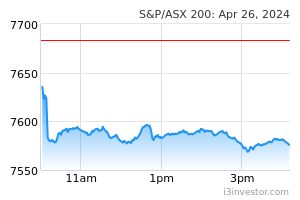Investing has mushroomed in popularity in recent years with an increasing number of amateur and part-time traders entering the market. However, with so many different options it can be difficult to know what to include in your portfolio. One of the biggest choices is the decision about whether to dabble in the traditional stock market or to enter the world of foreign exchange currency trading, also known as forex. The two markets are very different but have some similarities which allow traders to switch between them, or include both in their investment portfolio. But to be profitable it is essential to understand exactly how they work. The stock market is perhaps the better known of the two but rather surprisingly, is much smaller than forex trading. To make money from buying stocks, a trader must be able to identify shares which will increase in value, either temporarily or long-term, depending on how long the investment is planned to be held open. Buying when the price is low and selling when it peaks is the way to profit from stocks and shares. Forex offers traders a very different opportunity. Because it is possible to make money regardless of whether the market rises or falls, investors can opt to open a position when the currency is high and exit when the price drops. This is known as `shorting` and is only available for selected types of trading. And whilst there are similarities over the factors which can influence price, the extent of the influences also vary. Stocks and shares relate to an individual company`s performance. Therefore, whilst the economy and any problems affecting other companies in the same sector will have an impact, it is tempered by the individual features of the stock. This means it is necessary to study the company in a lot of detail to understand how its shares will be valued. Profit and loss accounts, cash flow as well as security, acquisitions and pending work are all factors which need to be considered even before wider issues are taken into account. This can mean it takes a lot of work to become familiar with just one stock. Because forex is a global market and the target being traded is the currency of countries, the factors which influence movement are far more transparent. There are different schools of thought about how to trade but the economic climate, political events as well as the psychology of the masses all have arguably more of an impact for currency traders. But regardless of whether you trade in the stock market or forex, it is essential to have the tools to analyse price movement, with the vast majority of investors using charts to help predict what is likely to happen. In forex signals are often used to help plot entry and exit points but one of the most famous, candlesticks, are also used by stock traders. In reality, having balanced exposure to both markets will help maximise your investments by utilising the different profit opportunities available. | |||||
|
